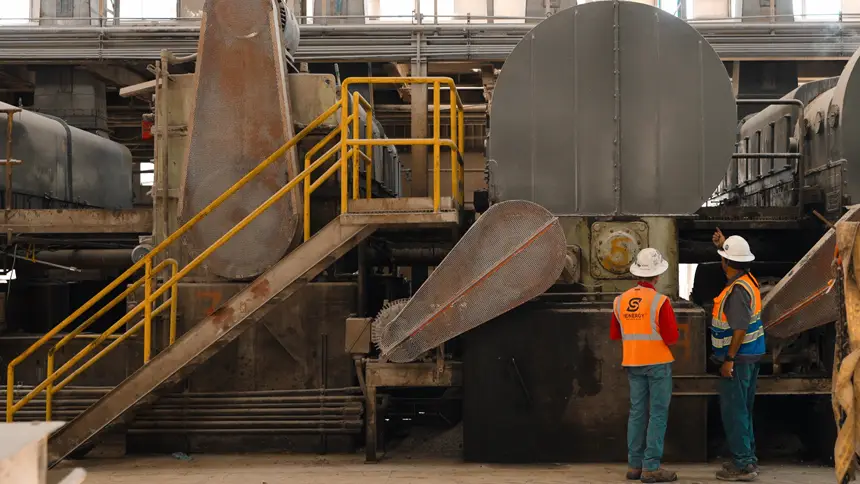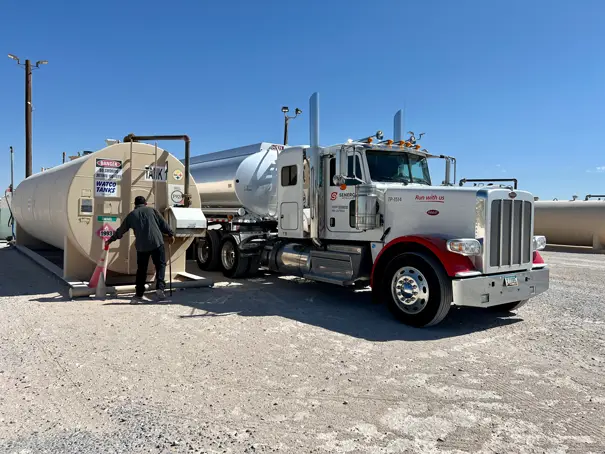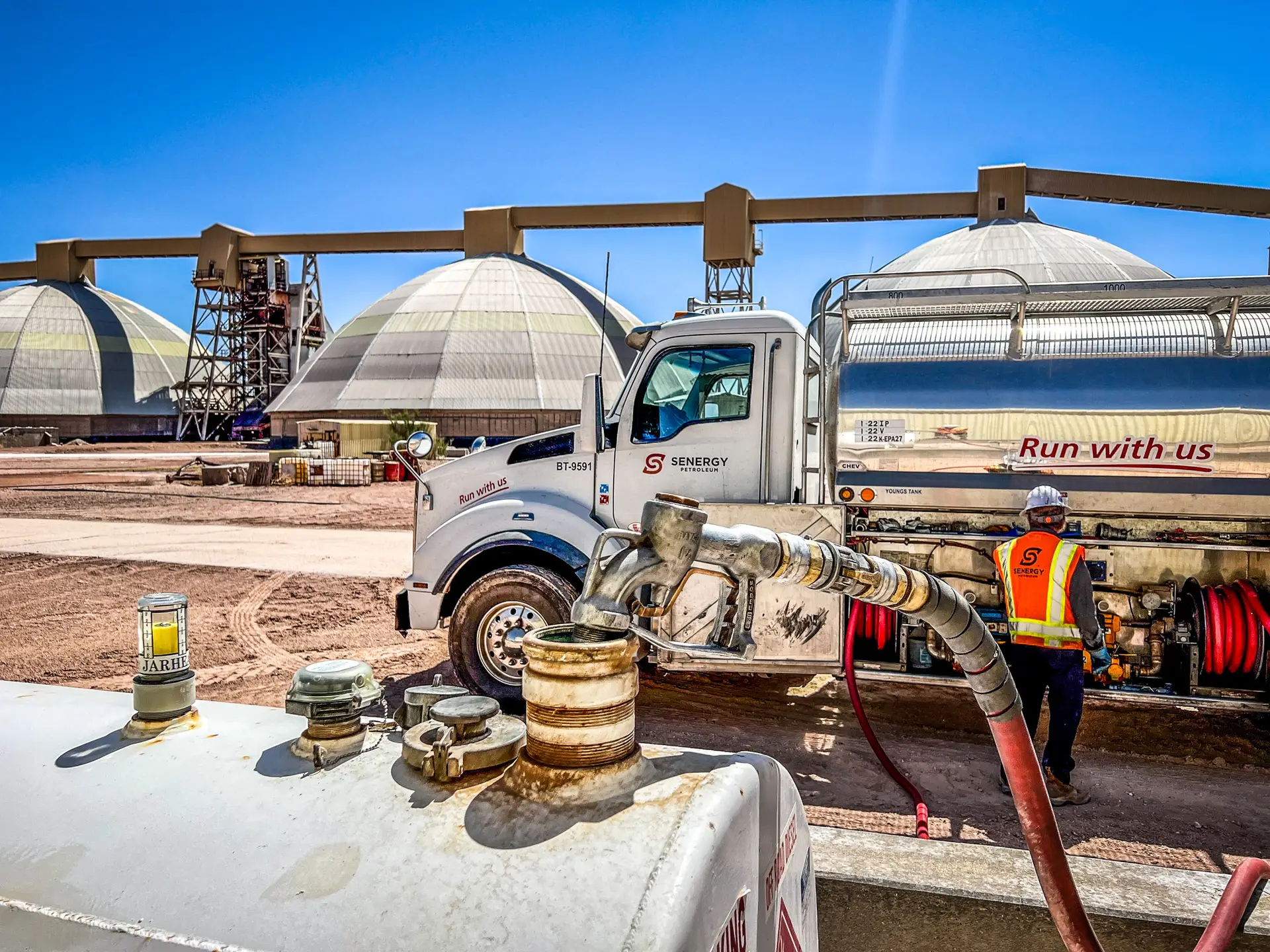Fuel is the backbone of industrial operations. From powering equipment and machinery to ensuring seamless production line processes, fuel is essential for maintaining operational efficiency. Without a reliable and continuous fuel supply, industries face unexpected downtime, halted production, and revenue losses. It is also vital for transporting products, running standby generators, and powering equipment on construction or mining sites. Traditionally, companies depended on off-site fueling stations or centralized tanks supplied by external deliveries—a strategy that worked but had significant limitations.





